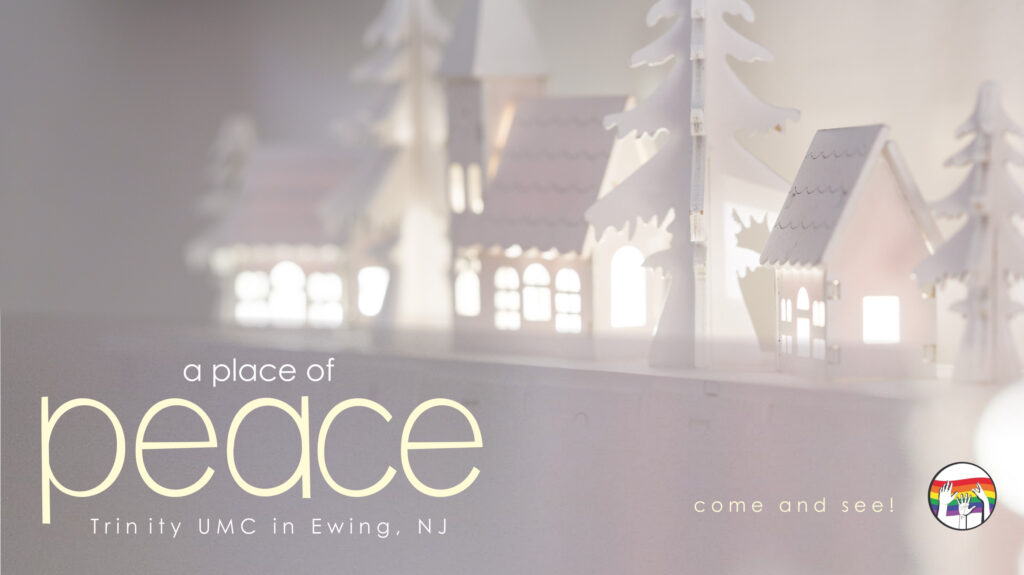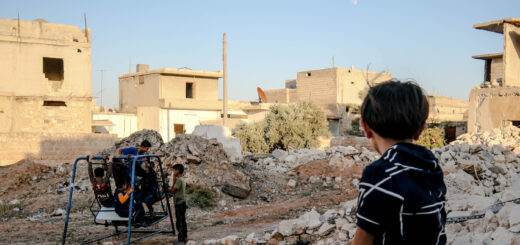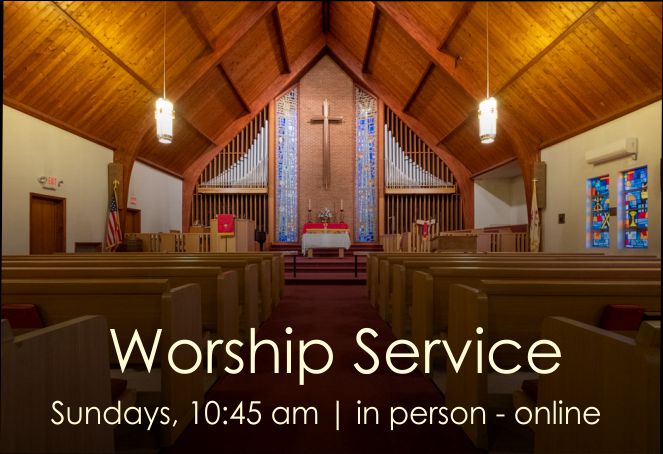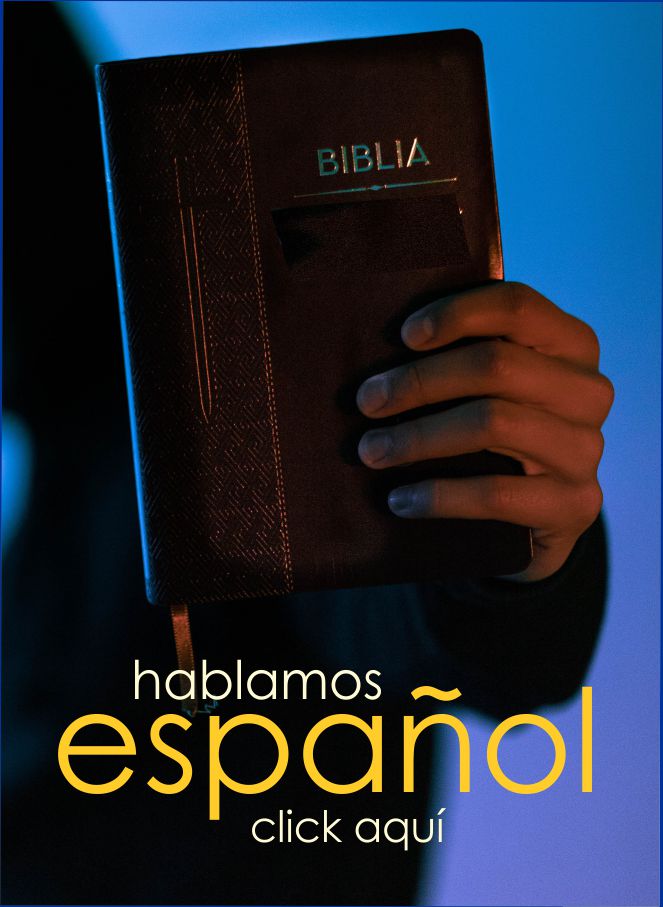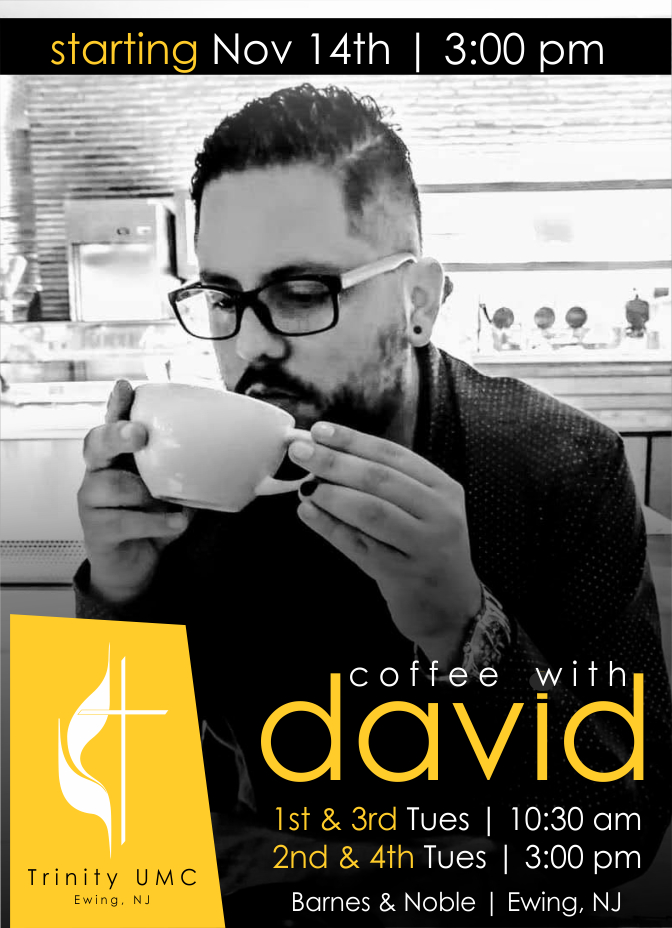Silent Night / Noche de Paz

As we are getting into the Advent season, we can take this opportunity to reflect on the meanings of a God who decides to become as a human being and embody the Word (John 1). Perhaps, we can read that Word incarnate through the life that was lived by Jesus, the carpenter of Galilee.
One of the most iconic Christmas carols is Silent Night, which the Spanish translation is Noche de Paz, (Peaceful Night, or Night of peace, literally). Actually, the matter of peace, which is approached by this carol, is the majority of the agendas of political and philosophical dialogue nowadays. For many years, human beings have tried to define what peace is, and above all determine how to establish peace.
In this regard, the Latin American pastor Camilo Bedoya reflects on the understanding that some communities have embraced regarding peace as a certain state of calm and appeasement. However, the most widely accepted conventional definition of peace is the absence of war.
According to Bedoya, for the murdered activist and Christian pastor Martin Luther King, real peace is not the absence of conflict, but the presence of justice. A short phrase that leads us to immerse ourselves in a great problem based on the question, What is justice?In this regard, many voices and ideologies have been raised. Nevertheless, this season of Advent should invite us to build an approach to peace from the gospel of Jesus.
Pastor Camilo Bedoya does an exegetical biblical reading of the Hebrew word Shalom, from which the word has been translated into English as peace. This minister found that some of the individual meanings of the four letters that make up the word Shalom in Hebrew (Shin, Lamed, Vav, Mem), could be configured in the sentence “[Peace is…] When the authority that is connected to chaos is destroyed”. He reached this conclusion after comparing the various meanings of each letter (which can have two or more) and constructing the phrase coherently.
Thus, peace would not be a state of appeasement, but rather it should denote activism, action of struggle against that which brings chaos. It is the refusal to subordination to authorities that seek evil, a superlatively beautiful meaning.
So Pastor Camilo proposes the reflective question from his reading: What evil must cease to exist due to the fact that I am alive? A question that invites us to think about the role we can and should assume in the purpose of building peace, thus being peacemakers, as the Master of Galilee himself invites in his Sermon on the Mountain.
And speaking of Jesus, from this understanding, I cannot help but marvel at his speech, life and work. It is impressive that we have named that moment in which we commemorate the birth of the Child in Bethlehem, Noche de Paz.
And it makes perfect sense, since Jesus himself is the embodiment of activism against the oppressive works of evil of his time and subsequent generations. His speech and life were aimed at destabilizing the authority that is connected to chaos; that is, he himself is peace. Not in vain is his biblical name. Jesus is my Prince of Peace.
Having been exposed to the ideas of Pastor Camilo Bedoya and writing these lines fill me with indescribable joy. Well, our Prince of Peace today, one more year in which we are expecting to celebrate his birth more than two millennia ago, asks us, What evil must cease to exist because you and I are alive?
Happy Advent Season!
Warmly,
Pr. David Gaitan
